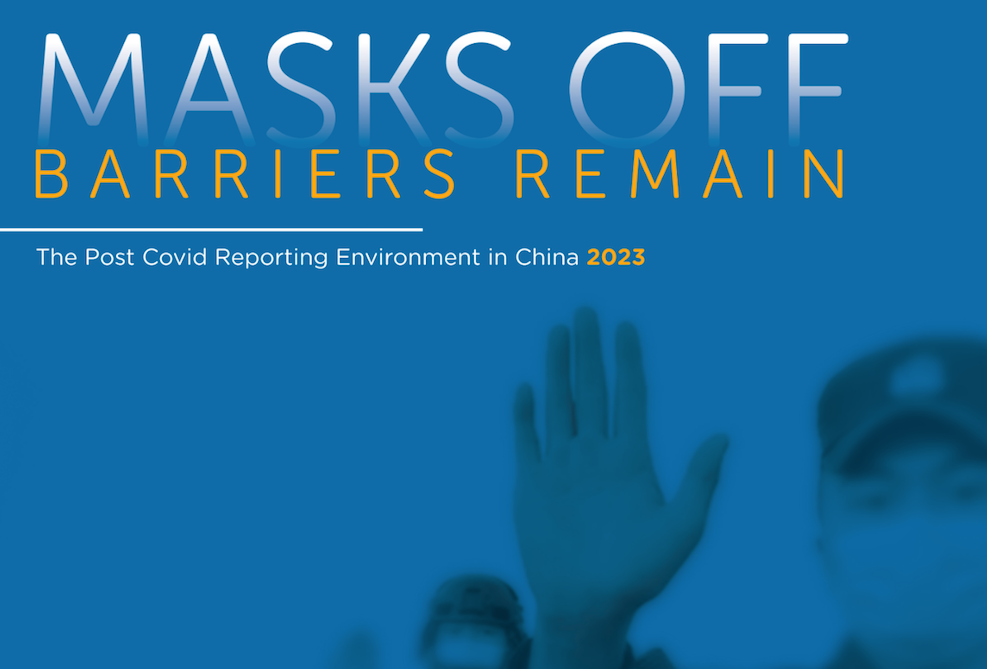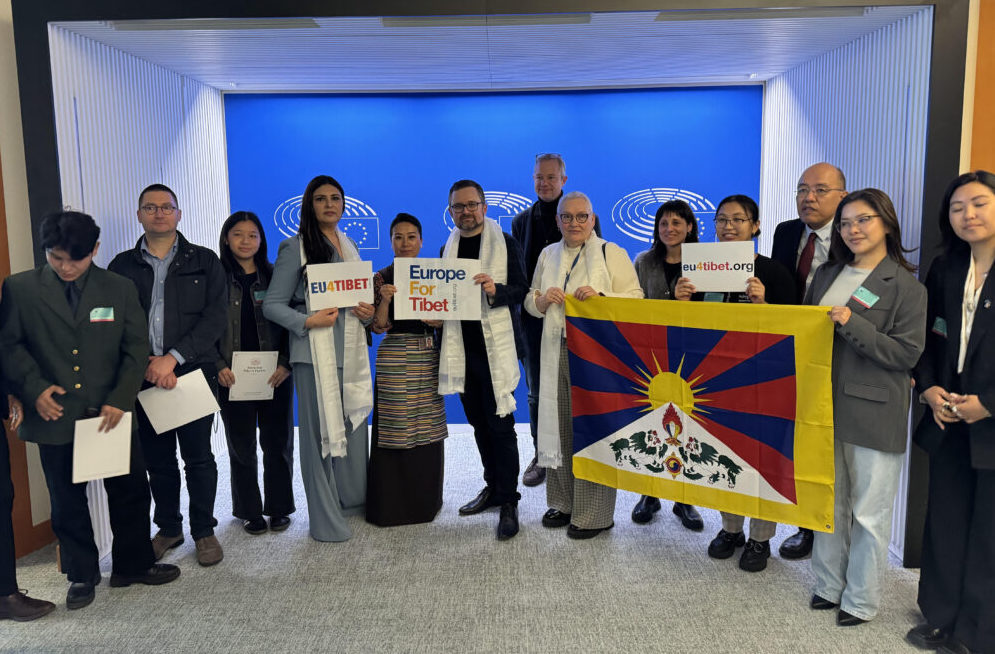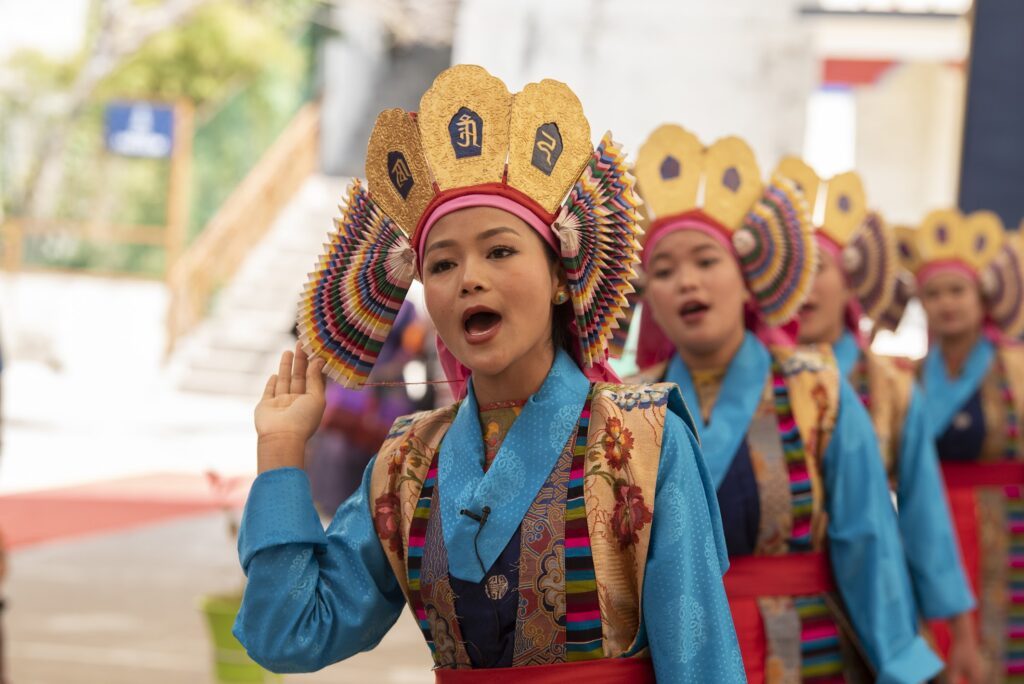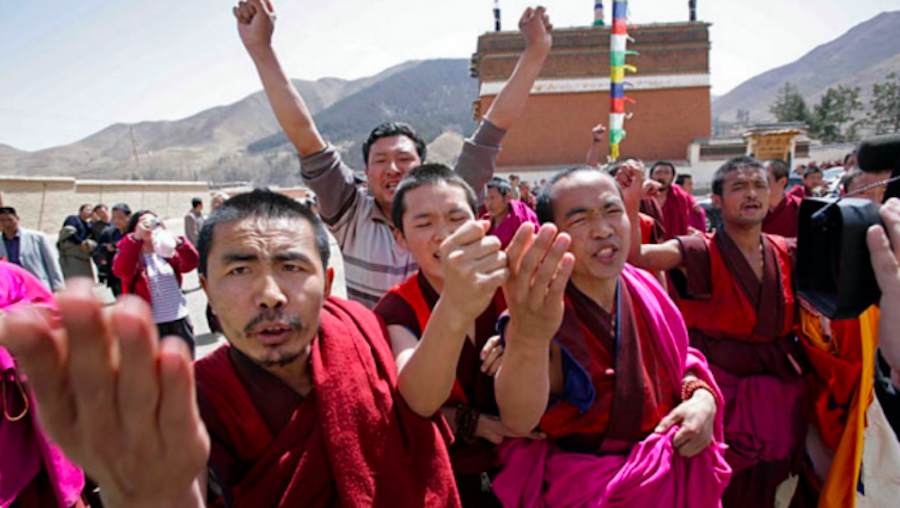BEIJING – China implemented “highly repressive policies” in 2002, using the global war on terror and a pivotal Communist Party Congress as excuses to violate human rights, a U.S.-based rights watchdog said Tuesday.
But China had become a better player of the public relations game, appearing “to calculate carefully when to tread lightly and when to crack down hard,” Human Rights Watch said in a 558-page report on rights abuses around the world.
The rights report said, without elaboration, that preparations for China’s 16th Party Congress in November, at which younger leaders stepped into top party posts, “colored human rights practices.”
China’s Foreign Ministry said Tuesday the report was groundless.
“I think China’s 1.3 billion people have the greatest right to speak on the actual human rights situation in China,” spokeswoman Zhang Qiyue told a news conference.
The 2003 World Report’s seven-page section on China highlighted areas where rights abuses were most glaring, including a harsh clampdown on ethnic Uighur Muslims in the far northwestern region of Xinjiang.
“China took advantage of the anti-Islamist nature of the war on terror to deepen its crackdown on ethnic Uighurs in Xinjiang…arresting thousands of Muslims there in its latest ‘Strike Hard’ campaign,” the report said.
The government increased surveillance of Muslim weddings and rituals, imposed curbs on Uighur language and culture, and made Muslim clerics in Xinjiang attend political indoctrination courses, the rights watchdog said.
The report said China obstructed the free flow of information and punished people who spoke out.
The government appeared to install a new Web-use-monitoring system to scan Internet communication, including e-mail, and block text with sensitive word combinations, it said.
The report also said restrictions on domestic print media escalated and a number of newspapers came under fire for their reporting of sensitive topics, such as corruption.
China continued its crackdown on the Falun Gong spiritual movement, outlawed in 1999 and effectively silenced thorough a repressive campaign that has seen scores of adherents jailed, the report said.
In Tibet, permission for a private visit by representatives of the exiled spiritual leader the Dalai Lama and the release of seven “high-profile” Tibetan prisoners “opened a new chapter in China-Tibet relations,” it said.
But the government continued to arrest “political offenders” and restrict religious practice, it said.
“For Tibetans, little changed,” the rights group said. Beijing continued efforts to reform and professionalize the legal system. Human Rights Watch said Beijing agreed to include human rights training for law enforcement officials in cooperation with the United Nations.
But a “Strike Hard” campaign against criminals rewarded convictions, “thus exacerbating due process violations such as illegal detentions, hasty trials, severe sentences and a meaningless appeal process,” it said.









